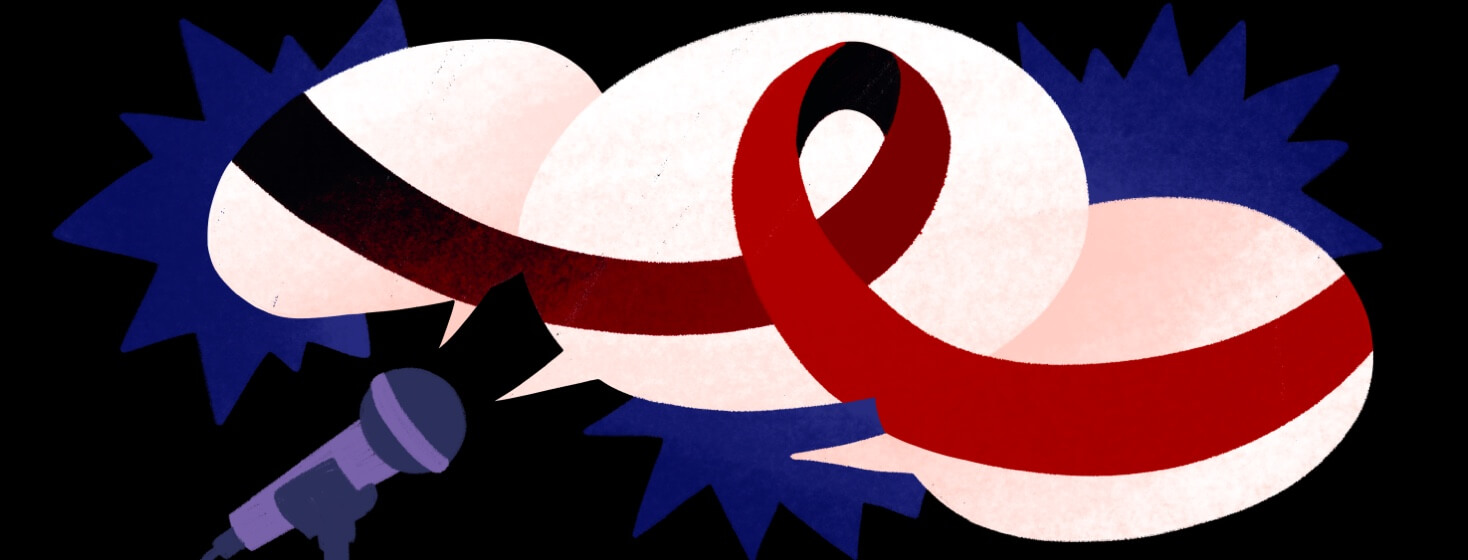Breaking Down Blood Cancer Awareness in September
September is Blood Cancer Awareness Month. If you are on this site, you likely either have blood cancer or know someone who does.
Before my diagnosis, I knew nothing about blood cancer
On thing is for sure: we all need more awareness about it. Prior to being diagnosed in 2014 with leukemia, I can admit I knew next to nothing about blood cancer. I did not have any family members or friends or who had it, so I had no first-hand knowledge.
If I heard the word "leukemia," in my first four decades of life, it made me picture a pale, sickly looking child in a hospital bed. My familiarity with the term consisted only of what I saw in commercials or shows on TV.
I had no idea that there was more than one type of leukemia, and I certainly did not know there was such a thing as a "chronic" type of leukemia. My bad.
I can feel foolish now about how little I knew B.C. (before cancer). On the other hand, why would I seek out information on a topic that back then had not touched my life in any way, shape or form?
This or That
Have you entered our Blood Cancer Awareness Month Giveaway yet?
Did I really want more information?
So going back a decade, I was diagnosed with chronic myeloid leukemia, or CML, which is one of the rarest forms of blood cancer. In those initial days, I became aware that I was now a patient and would be for the rest of my life A.D. (after diagnosis).
I tried to look up information to increase my awareness once some overlooked (nine months!) blood work came to my attention and I was sent to my first hematologist. But, I mostly stayed off the Internet and did not want to panic until I was certain what was going on.
Then there was a period between knowing I either had blood cancer or some other blood-related disorder according to my first hematologist. That period lasted a couple of weeks until subsequent blood work results came back.
World CML Day is September 22
That was when she told me I had CML and I prepared to have all my records sent to a CML specialist closer to where I am living. I do not remember how much I knew immediately A.D., but I am told that I made a lot of phone calls to people about the diagnosis. They say I seemed matter of fact about the news, but I’m assuming I was in a state of shock and still not aware enough about what I was up against.
The day I first met my CML specialist, he asked me what I knew about the disease. I replied, “it’s something about chromosomes 9 and 22,” a fact I’d read online. He appeared impressed I at least was aware of that.
So, yeah, about 9 and 22. I need to interject that during Blood Cancer Awareness Month there is another special day on September 22 (9/22), World CML Day.
CML is the result of chromosomes 9 and 22 translocating to form a mutation called BCR ABL. No one knows really why it happens, it just does.
(If I had a dollar for every time I’ve said “BCR ABL,” over the past 10 years, I could retire and live in some exotic locale).
That is because the blood test to see how much leukemia is in my blood is reported on my chart as BCR ABL. So that is a term with which I am well aware. To me, it is the most important blood test that I take, along with keeping an eye on the white blood cell count and platelets. (But believe me, I ask about every single one on the list when necessary).
5 things I have learned
I feel like an old pro in terms of blood cancer awareness now. Through all the ups and downs and ebbs and flows of the condition, my eyes have been opened to a few things. Here are five.
- A person does not have to look pale, skinny and be bedridden to have blood cancer.
- Being chronically ill does not mean you will receive universal, loving support from those around you, including family and friends.
- At times, the emotional toll of having blood cancer is on par with the physical side effects.
- Treatment comes in different forms. For CML, my treatment involves oral targeted chemo medication called tyrosine kinase inhibitors (TKIs). TKIs do not necessarily work forever. In my case, I am on my third, considered a “salvage drug,” after two previous failures.
- Knowledge is power and the way to get knowledge is to ask questions and keep asking them of your medical team until you are satisfied you are no longer unaware.
The more aware you are about blood cancer, the better you will be able to participate in your survival.

Join the conversation